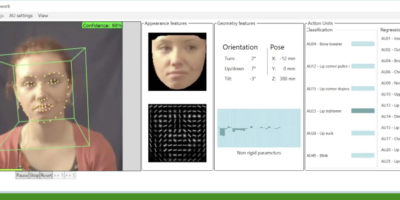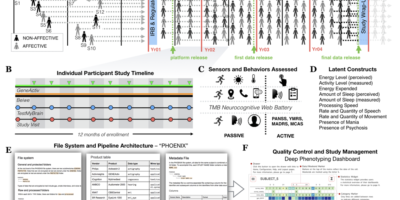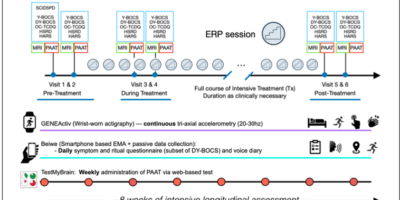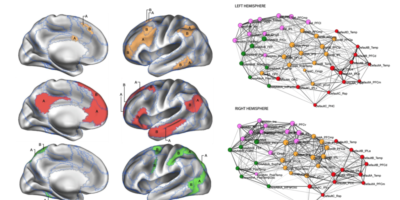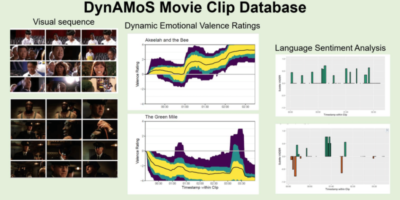Digital technology to improve mental healthcare
The Laboratory for Functional Neuroimaging and Bioinformatics conducts research to understand the nature and underlying biology of mental illnesses, particularly lifelong conditions such as schizophrenia and bipolar disorder. The goal of this work is to develop more effective strategies to both monitor the course of illness and intervene in creative ways to improve the lives of individuals struggling with these conditions. A central focus of the lab is to understand how the architecture of the human brain changes as a function of psychiatric illness. The lab uses multiple behavioral, neuroimaging, and computational approaches to experimentally disentangle how changes in human brain network function and organization ultimately give rise to changes in behavior.
Current research
Core projects
Participate in a study
The lab’s current deep phenotyping projects use single-case experimental designs in individuals with severe conditions including bipolar disorder, schizophrenia, borderline personality disorder, and obsessive compulsive disorder. By applying computational approaches, such as latent construct modeling, machine learning, and dynamical systems analysis, the data collected from each study—and each individual—can reveal key relationships to advance human neuroscience and develop novel, personalized therapeutics. Current projects seek to incorporate continuous wearable actigraphy into clinical workflows for sleep and movement monitoring in several of McLean’s inpatient and residential services. Learn more about participating in a study by clicking below.
Meet our team
Our lab is comprised of a team of psychiatrists, data scientists, clinical researchers, graduate students, and undergraduate students. Connect with our current lab members, lab alumni, or collaborators by visiting our people section.

